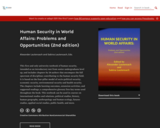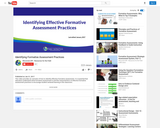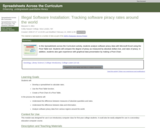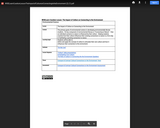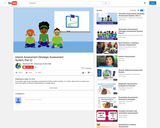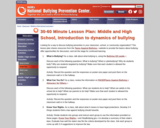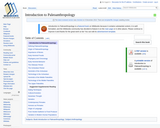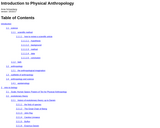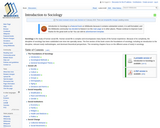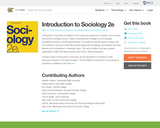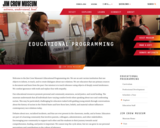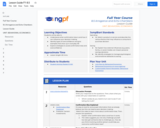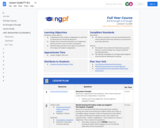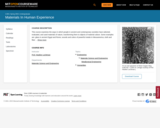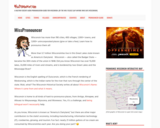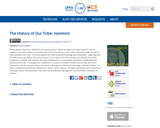
Where did we come from? What were our ancestors like? Why do we differ from other animals? How do scientists trace and construct our evolutionary history? The History of Our Tribe: Hominini provides answers to these questions and more. The book explores the field of paleoanthropology past and present. Beginning over 65 million years ago, Welker traces the evolution of our species, the environments and selective forces that shaped our ancestors, their physical and cultural adaptations, and the people and places involved with their discovery and study. It is designed as a textbook for a course on Human Evolution but can also serve as an introductory text for relevant sections of courses in Biological or General Anthropology or general interest. It is both a comprehensive technical reference for relevant terms, theories, methods, and species and an overview of the people, places, and discoveries that have imbued paleoanthropology with such fascination, romance, and mystery.
- Subject:
- Social Studies
- Sociology and Anthropology
- Material Type:
- Textbook
- Provider:
- State University of New York
- Provider Set:
- OpenSUNY Textbooks
- Author:
- Barbara Welker
- Date Added:
- 07/10/2017
